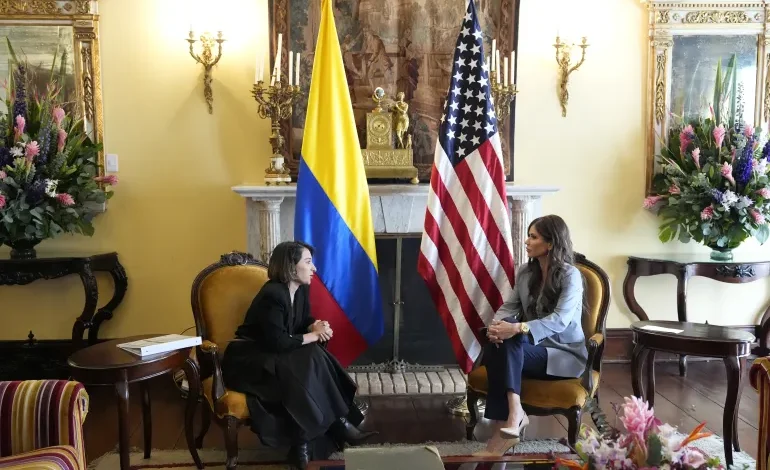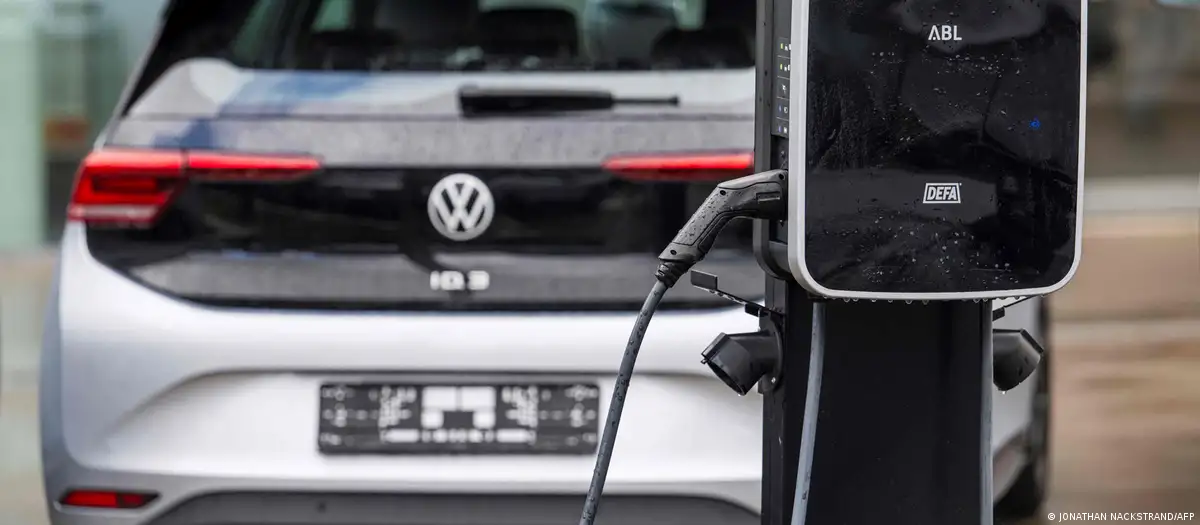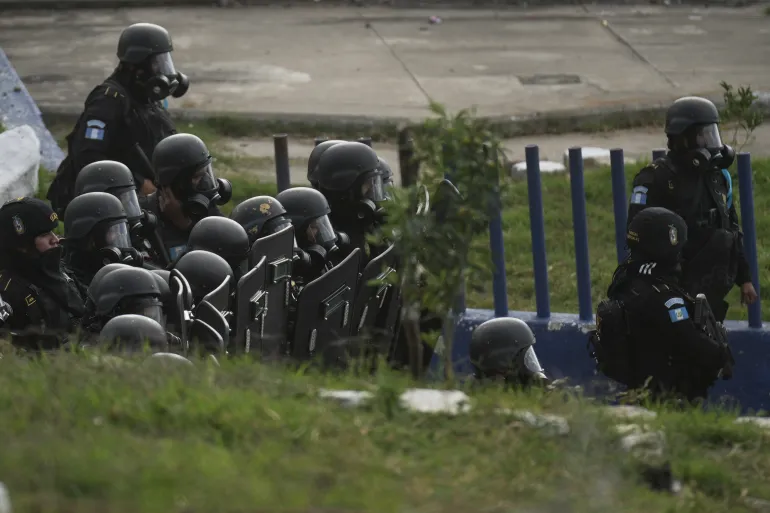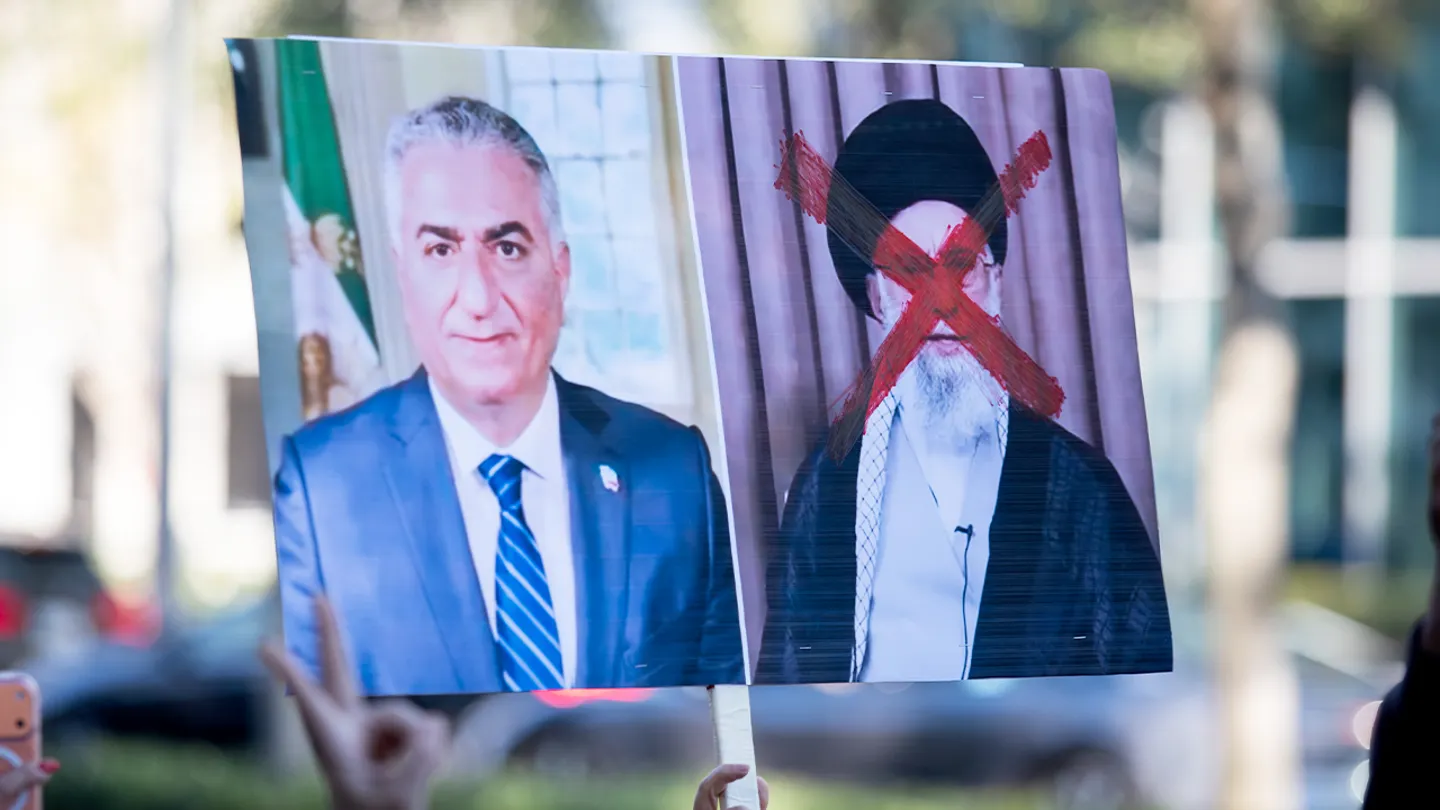US, Colombia Sign Agreement to Share Migrant Biometric Data

The United States and Colombia have formalized a memorandum of understanding that will allow the two nations to exchange biometric data collected from migrants, Al Jazeera reports.
The agreement, signed in Bogota on Thursday, is intended to enhance efforts to combat undocumented immigration in both countries.
Homeland Security Secretary Kristi Noem, visiting from Washington, DC, described the partnership as a significant step towards preventing criminals and terrorists from crossing borders. She emphasized its benefits for Colombia, a frequent destination for migrants and refugees fleeing political and economic instability in neighboring Venezuela.
“This deployment of biometric capabilities under the Department of Homeland Security’s biometric data sharing partnership is going to help us make an impact by helping Colombia — and by helping the Colombian people detect and to stop criminals and terrorists from attempting to cross its borders,” Noem stated.
The Trump administration has consistently highlighted the perceived dangers of undocumented immigration, linking it to criminal activity. However, studies have repeatedly demonstrated that undocumented immigrants are arrested for violent crimes at significantly lower rates than US-born citizens.
Despite these findings, high-profile incidents, such as the 2024 murder of nursing student Laken Riley, allegedly by a Venezuelan immigrant, have fueled anti-immigrant sentiment within the US right. Trump has repeatedly pledged to take action against undocumented immigration, calling it an “invasion” and advocating for “mass deportation.”
Trump’s administration has also taken measures against Venezuelan criminal groups, designating Tren de Aragua as a “foreign terrorist organization” and invoking the Alien Enemies Act of 1798 to deport Venezuelans accused of gang membership. However, his use of the Alien Enemies Act has faced legal challenges.
Trump’s stance on undocumented immigration has drawn criticism, including from Colombian President Gustavo Petro. In January, Petro denounced the US president’s treatment of undocumented immigrants from Colombia, citing the use of restraints and military aircraft for deportations, leading to a brief diplomatic standoff.
Despite past tensions, Colombia’s Foreign Minister Laura Sarabia emphasized during Thursday’s signing ceremony that migrants must be treated with respect. She stated that the memorandum would “establish specific, realistic measures” to “ensure that the human rights and the dignity of migrants are actually respected.”
While Colombia has historically been a close ally of the US, particularly in the “war on drugs” and as a major recipient of US aid, some critics have raised concerns about the increasing use of the International Biometric Information Sharing program, managed by the US Department of Homeland Security.
The UK-based nonprofit Statewatch, for example, has criticized the growing exchange of biometric data between governments, arguing that such practices are “likely to exacerbate existing discriminatory practices” and facilitate the enforcement of “divisive and exclusionary laws and policies.”









The latest news in your social feeds
Subscribe to our social media platforms to stay tuned